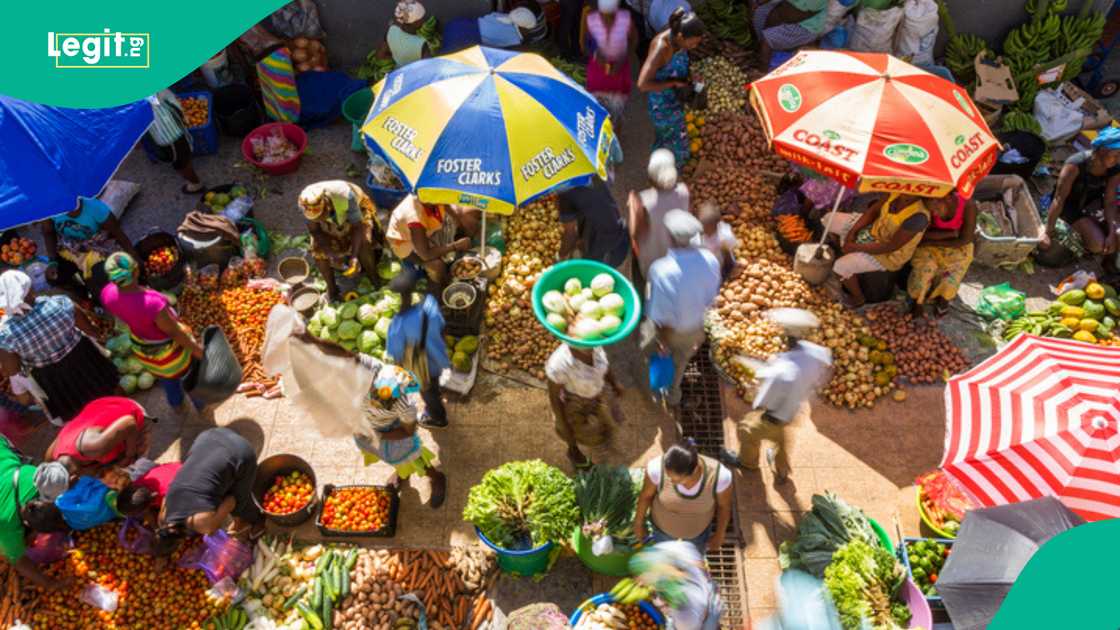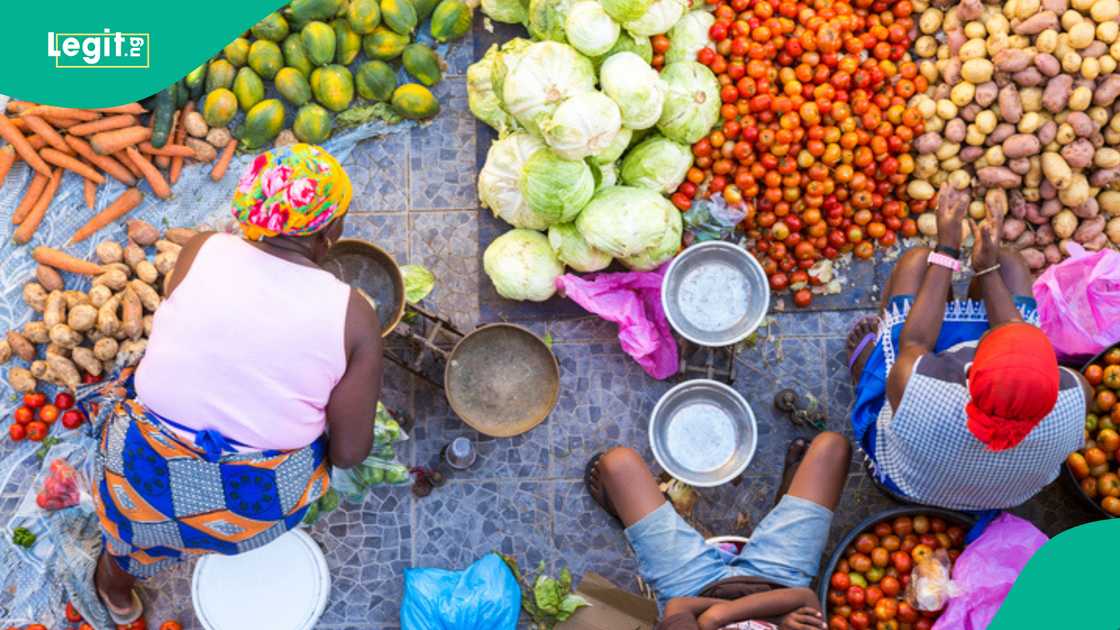Ethiopia, Botswana Top African Countries With Highest Cost of Living
- The cost of living in many African nations has risen sharply, driven by poor economic management, currency devaluation, subsidy removal, and heavy reliance on imports
- This increase exacerbates poverty, reduces productivity, and deepens inequality, particularly affecting low-income families
- As costs continue to rise, consumer spending decreases, small businesses suffer, and social unrest may follow, threatening political stability
Legit.ng journalist Zainab Iwayemi has 5-year-experience covering the Economy, Technology, and Capital Market.
In many African nations, the cost of living has steadily increased, with some witnessing startling rises in the prices of food, utilities, transportation, healthcare, and education.

Source: UGC
The issue has been exacerbated by poor economic management, currency devaluation, the removal of subsidies, and excessive reliance on imports, even though inflation and changes in the global market have also played a role.
A high cost of living is a persistent economic issue that worsens poverty, shrinks the middle class, lowers productivity, and ultimately threatens the stability of a country.
African countries must prioritise addressing this pressing issue as they work toward development and inclusive growth.
The amount of money needed to cover necessities such as housing, food, healthcare, education, and transportation is known as the cost of living.
When expenses increase more quickly than income levels, people's real purchasing power decreases, and daily life becomes more challenging.
The cost of living has increased dramatically in Nigeria, Ghana, Kenya, and Zimbabwe in recent years.
After subsidy reductions, fuel prices in Nigeria rose from N180 to over N1,000 per liter, impacting transportation and food costs.
Low-income and disadvantaged people are usually disproportionately affected as the cost of living rises.
As the cost of necessities such as food, shelter, and transportation increases, more families fall into poverty. The income disparity and social inequity may worsen as the wealthy protect themselves against inflation.
This ultimately reduces people's ability to save or invest for the future, worsens their quality of life, and forces them to make tough trade-offs.
A high cost of living results in lower consumer spending and higher operating costs (such as utilities, transportation, and payroll) for small businesses and entrepreneurs.
This lowers company profits, discourages investment, and stymies job growth.
History has shown that discontent rises when basic needs become more expensive.

Source: Getty Images
A high cost of living can quickly lead to widespread discontent through labor strikes and protests over the price of food and petrol, placing significant pressure on governments.
Based on statistics from Numbeo, these are the African nations with the highest cost of living halfway through the year.
Nigerians as inflation rate drops
Legit.ng reported that the National Bureau of Statistics has announced that Nigeria's headline inflation rate, which measures the cost of goods and services over a period, eased to 23.71% in April 2025.
This represents a 0.52% decrease when compared to the 24.23% recorded in March 2025.
The NBS disclosed this in its consumer price index (CPI) report released for April 2025 on Thursday, May 15, 2025.
Source: Legit.ng




